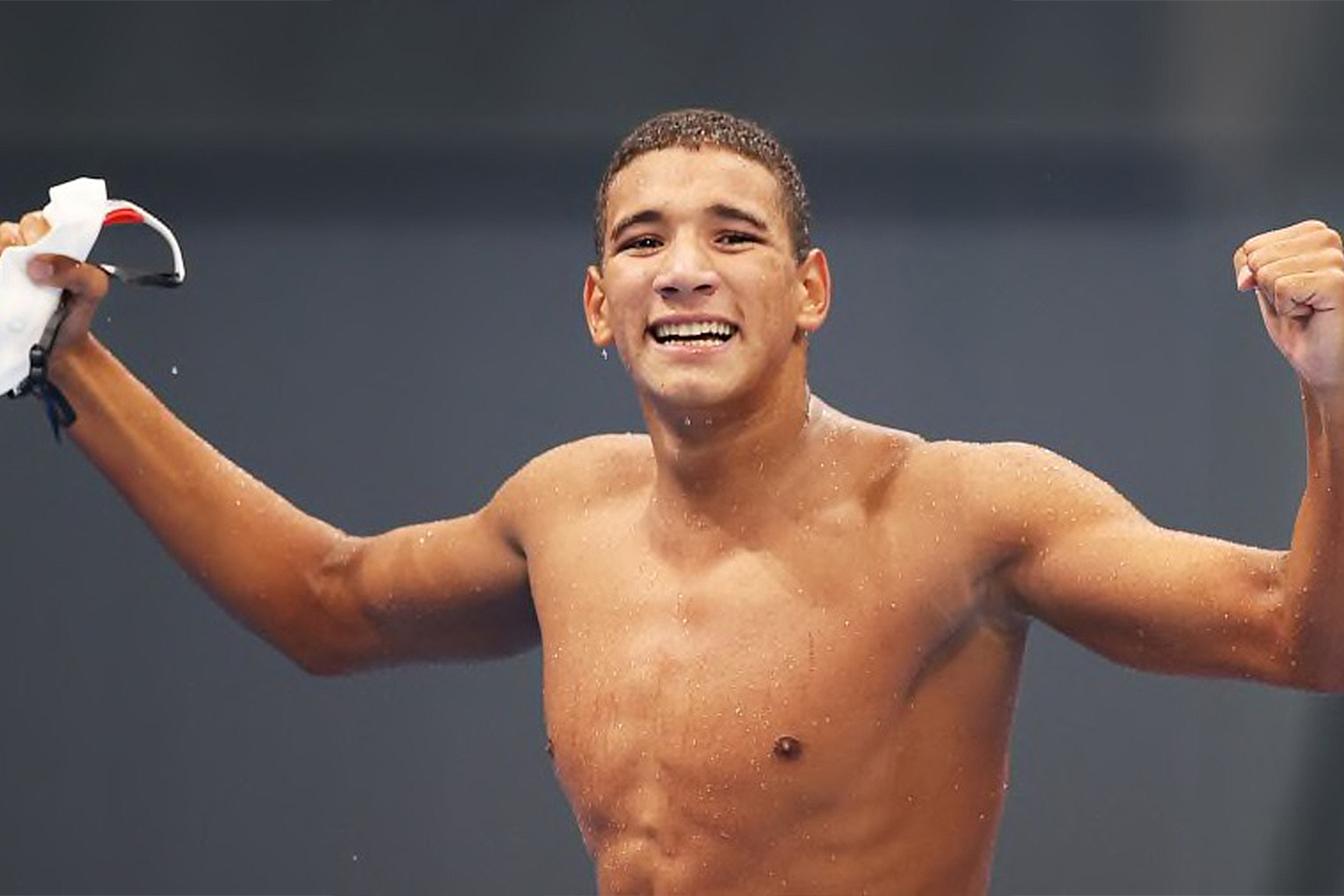Spectators were not allowed to watch any of the events and to ensure COVID-19 doesn’t spread throughout the Olympic Village, the athletes were not allowed to interact with one another like they usually would. These new rules changed the whole experience at the Olympics, affecting the way the athletes performed in competition.
On July 23, 2021, the Tokyo Olympics officially began. After a few days, it became clear that some athletes had been greatly affected by the new rules. For example, many professional athletes usually feed off the fans cheering and the overall excitement, elevating their personal game and making their team grow stronger. Now, because fans were not allowed to watch the events, there was no cheering, yelling or chanting. Team sports like soccer, rugby, and field hockey are designed for having many people around them. Individual sports like pole-vaulting, long jump, and high jump are also sports that have individuals feeding off the fans cheering to give them adrenaline, which gets them pumped up for their performance. Whether you are competing as an individual or as a part of a team, you are always competing in front of fans. If you suddenly take this away, many athletes–and who wins gold–will be affected by the sudden change.
However, the Olympics this year aren’t all that bad for some athletes. Because the Olympics were postponed, some young athletes had more time to mature and train to be able to compete at a higher level. One example is 18-year-old Tunisian swimmer Ahmed Hafnaoui, who won gold in the 400-m freestyle. If you think about it, Ahmed Hafnaoui probably wouldn’t have won gold in this competition as a 17-year-old last year, so the postponement of the Olympics gave him extra time to prepare himself mentally and physically so he can compete to the best of his abilities.
This year’s Olympics with no fans has been hard for many athletes. But if you shift your perspective to a different angle, putting yourself in the shoes of a younger, more inexperienced athlete, then you may think differently. Not having fans takes away the pressure and anxiety from many young athletes who have never competed on a stage like the Olympics. Fan-less Olympics can also help an athlete with high stress levels and anxiety thrive without the overwhelming crowd, said Catherine Sabiston, the Canada Research Chair in Physical Activity and Mental Health. Per The Global News, 31-year-old former Olympic bobsledder Alexander Kopacz stated he would try to block out all the noises and fans in competition because it would get “too overwhelming”, stating that many of the athletes must be grateful for a calmer environment at this year’s Olympics.
As I watched the Olympics on my couch in front of the TV, I thought of the athletes, staff, and the city of Tokyo working so hard to make these COVID Olympics work. Though there were some rough patches along the way, I believe these Olympics turned out to be a success. I hope that when we look back on these times, we celebrate the resilience and hard work that went into keeping the Olympic tradition alive.
